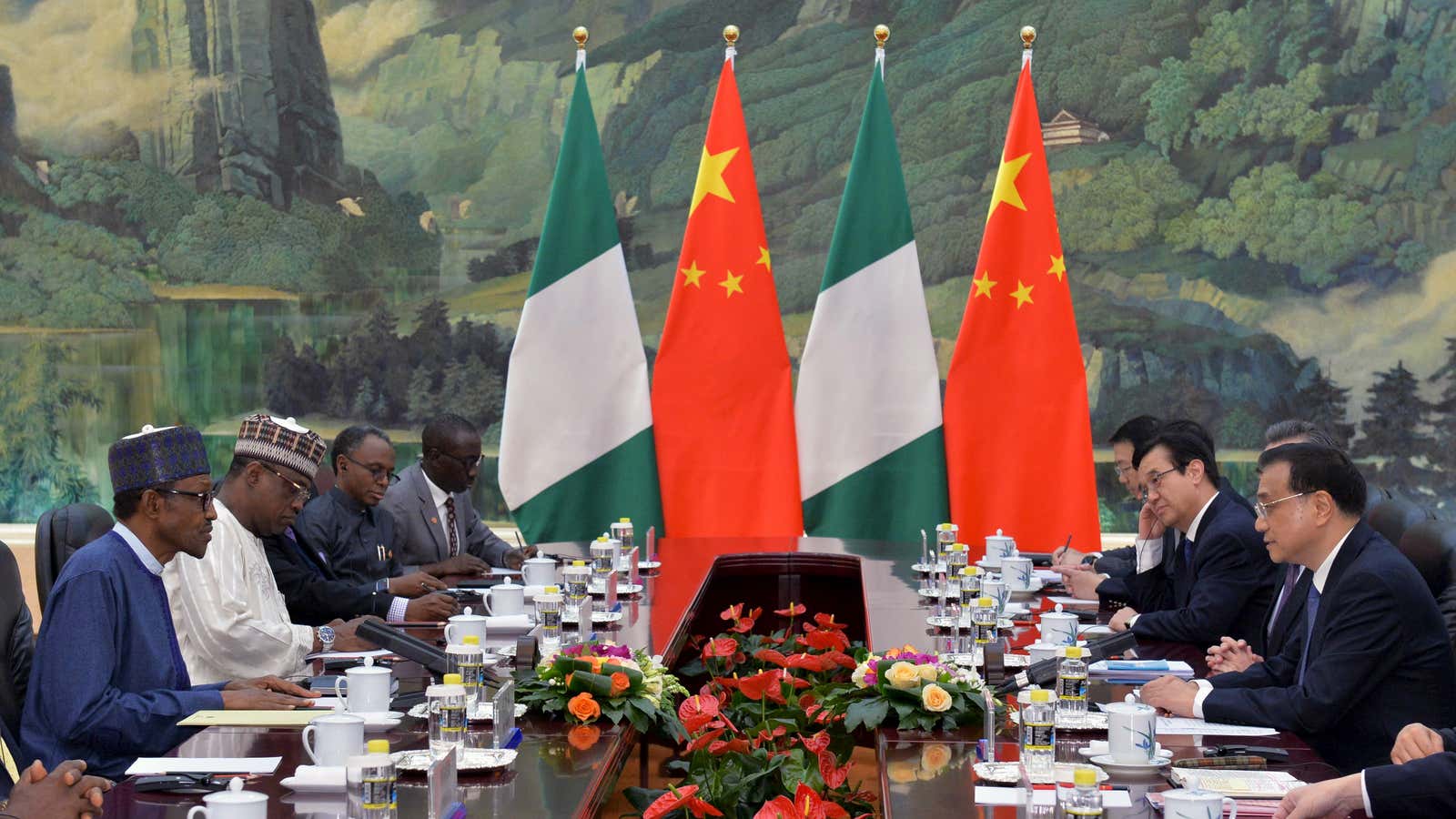The diplomatic race scandal sparked by the treatment of African residents in China last month has mostly died down, but its reverberations on the otherwise strong relationship between African governments and China continues to be felt.
At the beginning of the crisis, Chinese ambassadors were hauled over by foreign ministers and other government representatives to explain the horrid scenes that had gone viral on social media, and to offer immediate remedies. For their part, officials in Guangdong province, the epicenter of the events, have since introduced new anti-discrimination measures in a bid to deal with racial discrimination.
But weeks after, Chinese migrant workers and their businesses seem to be bearing the brunt of those incidents in Nigeria as they increasingly come under the spotlight of local law enforcement.
Over the past month, up to 27 Chinese nationals have been arrested along with their local accomplices in incidents across three states. In another high-profile case, two Chinese men were also arrested for allegedly trying to bribe an official of Nigeria’s anti-corruption agency with nearly $130,000 in cash. The arrest, complete with a mugshot of the men next to the bundles of cash, predictably made headlines in Africa’s largest economy.
The arrests have come on the back of a unanimous motion to censure China passed by Nigerian legislators. As part of its response, legislators urged relevant agencies to “check the validity of all immigration documents of every Chinese person in Nigeria” and repatriate undocumented Chinese migrants.
Collectively, these moves are winning populist support amid a wave of anger from citizens and civil society towards China following the viral videos showing the mistreatment of Nigerians and other Africans in Guangzhou by public authorities, landlords and local businesses.
Yet, those sentiments also betray the nature of China’s influence even across the continent that has remained steady at a government-to-government level without cascading into overtly favorable views among locals, unlike global powers like the US and the United Kingdom.
While winning public support, these moves mostly by mid-level politicians, are not aligned with Nigeria’s federal government plans to deepen its carefully crafted relationship with China in search of much-needed foreign funding. A state visit to Beijing in 2016 yielded $6 billion in Chinese commitments, for instance.
Part of that relationship has also seen China play a more dominant role at the heart of Nigeria’s infrastructure drive: China Civil Engineering Construction Corporation is involved in key construction projects including terminals at four international airports and cross-country rail lines.
China has also faced push-back in other African countries in the aftermath of the racist incidents. In Uganda, whose citizens were affected by the evictions, a group of 14 Chinese nationals have been arrested and arraigned before a court in Kampala for the illegal possession of wildlife including tortoises, pangolin scales and organs of elephants. While in Kenya, members of parliament have warned of possible retributions, including evictions of Chinese nationals.
Sign up to the Quartz Africa Weekly Brief here for news and analysis on African business, tech and innovation in your inbox
